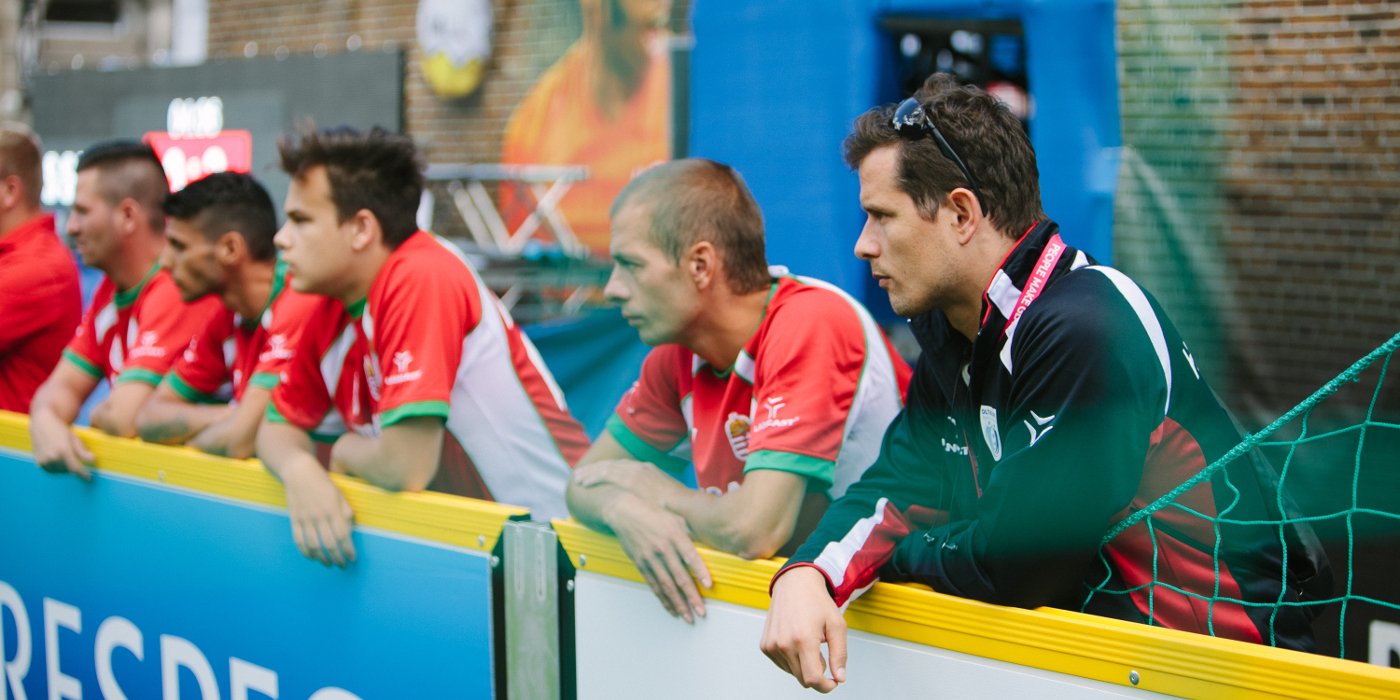
Hungary
Második Esély Sportegyesület – Second Chance Sports Association
Második Esély Sportegyesület (MESE 2.0)– Second Chance Sports Association gives disadvantaged and homeless people the opportunity to participate in sports and social activities. The programmes, including regular football training sessions, are designed to improve the health of participants, promote understanding, and reduce crime in some of Hungary’s most dangerous areas. Through sports, MESE 2.0 brings people together and helps create valuable contacts and friendships.
Country statistics
47 out of 189 in Human Development Index rating (UNDP, 2022)
$19,670 Average annual salary per person (World Bank, 2023)
Homelessness became illegal in 2018 with people sleeping on the streets being criminalised.
Hungary is a landlocked country in Central Europe. With a population of 9.6 million, Hungary has fairly even population distribution throughout the country, with urban areas attracting larger and denser populations. The capital of Hungary, Budapest, has a population of 1.7 million people (Worldometers, 2025; CIA Factbook; World Population Review, 2024).
Hungary criminalised sleeping on the street under Viktor Orbán's ruling Fidesz party in 2018, with people labelled as homeless, but being given no clear path out of homelessness. Despite this, public opinion is beginning to change and things are changing in the Hungarian capital with leadership in Budapest now recognising housing as a human right (World Habitat, 2024).
In 2024, Hungarian authorities started to collect data on the number of people who were street homeless in Budapest, with an estimated 1,000-1,500 people spending the night on the street each day. A further 5,000 people are estimated to spend a night in a hostel, but many can only afford to spend one night there. The organisation who are conducting the study aim to expand it to outside the capital to capture a more accurate picture of homelessness nationwide (Euronews, 2024).
In 2024, the EU Commission investigated claims that Hungary was in breach of asylum laws by evicting Ukrainian refugees from their accommodation after areas of Ukraine were deemed not to be 'active war zones'. Hungarian authorities claimed they were only targeting those who were ‘able but unwilling’ to work. Some 46,000 Ukrainian refugees are currently in Hungary, with an estimated 3,000 at risk of being evicted under the new policy (Euronews, 2024).
About one third of the population experiences poor living conditions or social marginalisation. Some 200,000 – 300,000 houses families are in need of low-cost housing. Some 50,000 of these are in severe housing crisis and at risk of homelessness (Habitat for Humanity, 2023).
STORIES from the region










